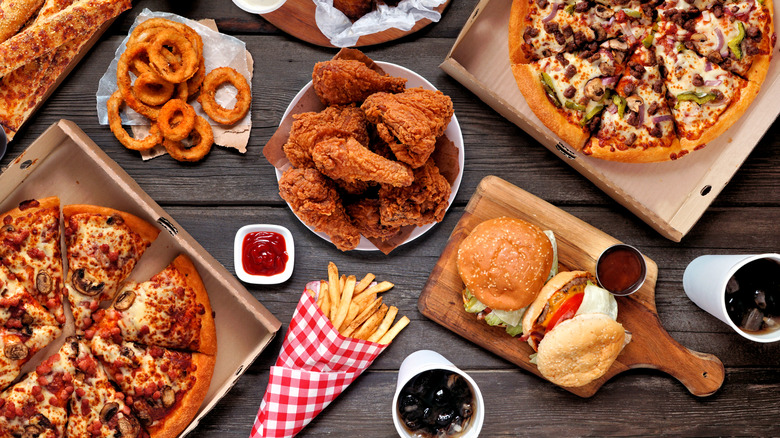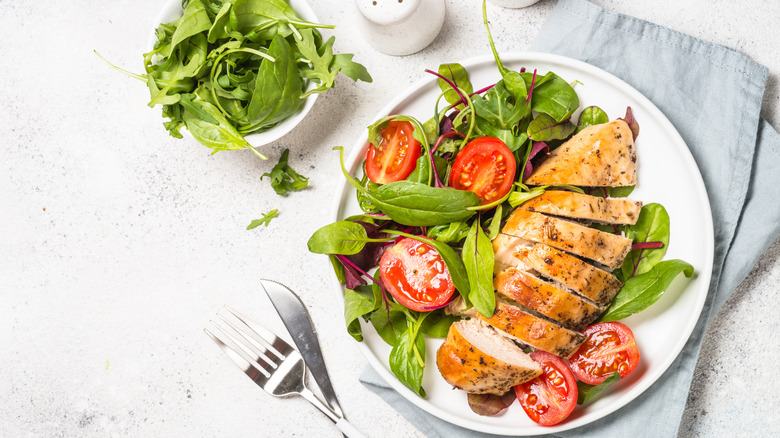New Study Finds Unexpected Truth About Teens And Processed Food
The pandemic took a toll on the physical and mental health of many. However, for some, it was a chance to rethink personal wellbeing and make some changes. In fact, Food Navigator reports that being homebound led 54% of Americans to explore their skills in the kitchen, leading to a reduction of consumed processed foods, resulting in households to turns towards making healthier food choices.
An unhealthy diet can lead to all sorts of health issues like heart disease, obesity, diabetes, tooth decay, and even acne. However, processed foods are inescapable in the modern world. They are inexpensive, convenient, and, with a shelf life that seems to last forever, processed foods are attractive to all sortss of consumers, including teenagers. Experienced in the still-developing adolescent brain, the release of dopamine after eating unhealthy food triggers us to want to keep going back for more, explains RMIT University. Additionally, according to the American Academy of Child & Adolescent Psychology, teenagers are more susceptible to impulsivity because the frontal cortex, which helps aid in reasoning, has not yet fully developed. RMIT University points out that this couples with the impulsive and opportunistic nature of unhealthy food.
Peer pressure also seems to play a contributing factor in the decision making and rational reasoning of teens. According to the Wall Street Journal, studies have shown that teenagers find greater pleasure from behaviors that are consider rewarding than their adults counterparts do.
Teens eat less unhealthy alone
Despite the unique challenges associated with the pandemic, the Endocrine Society reports that U.S. teens actually ate less ultra-processed foods during the pandemic and have continued this trend. While previous research stated that teens ate a diet that was 67% ultra-processed, the Endocrine Society's findings instead show that the participants' average consumption of unhealthy foods actually dropped nearly 14% since the pandemic began.
In an interview with Healio, lead researcher of the study Maria Balhara explains, "[The data] provides supportive evidence that for adolescents, peer influence outweighs other factors such as individual intention, nutrition knowledge, and parental behavior."
But what exactly classifies as an ultra-processed food? Unlike processed foods that include canned or preserved items, the Nova Food Classification System describes these foods as highly refined items like soda, potato chips, candy bars, and frozen meals (via Food and Agriculture Organization of the United Nations); fare that you might find groups of teens indulging in at a school cafeteria or at fast food restaurants.
Acting as food for thought, the study sheds some light on social eating patterns and begs the question of if these new healthier eating habits will last or are they simply a sign of these times.

